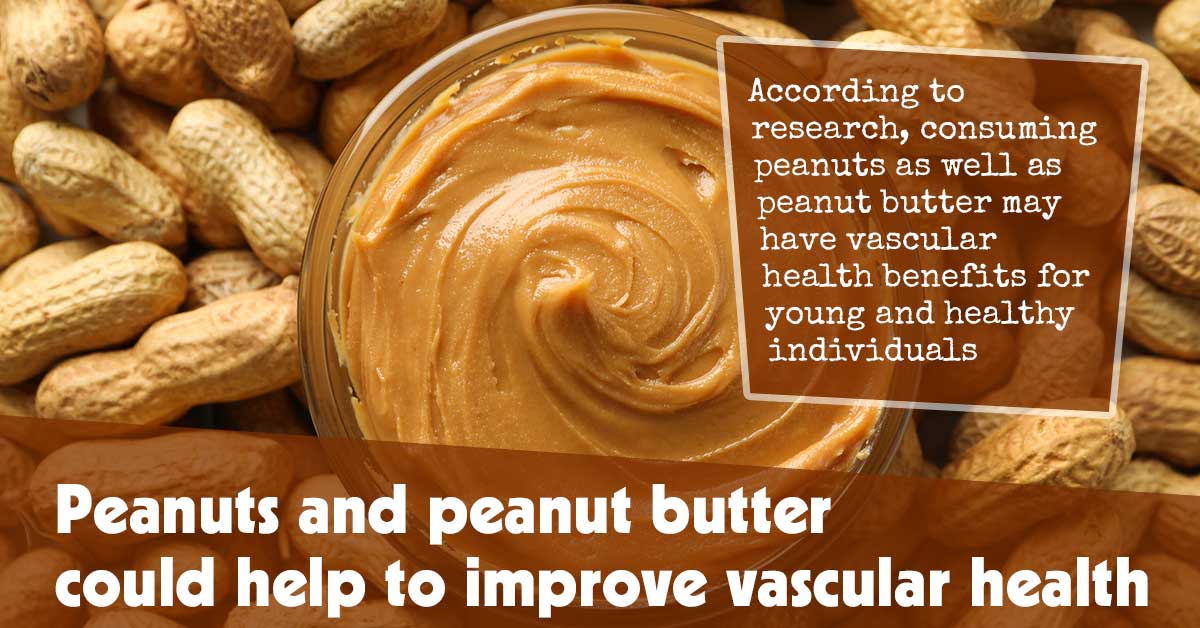Peanuts and Peanut Butter Could Help to Improve Vascular Health
According to research, consuming peanuts as well as peanut butter may have vascular health benefits for young and healthy individuals.
The peanut comes from the legume plant Arachis hypogaea, which is regarded as a nut when it comes to nutritional composition and is the most commonly consumed nut globally. Peanuts are rich in fatty acids, fiber, protein, and polyphenols, and are an accessible, convenient snack that can be an addition to a healthy lifestyle.
The majority of nutritional studies concentrate on examining significant differences in individuals with a high risk of experiencing a disease, particularly older individuals. In this population group, it’s easier to see a beneficial outcome when the dietary pattern is changed or a healthy food is introduced into their normal diet.
For this study, 63 healthy young individuals between the ages of 18 and 33 incorporated a percentage of peanut products in their normal daily diet for 6 months., It’s harder to observe any dietary change impact on health in this population group.
This study confirmed an improvement after consuming peanuts in vascular markers associated with the vasodilator and antithrombotic effects in healthy young individuals.
The results showed a significant increase in phenolic metabolite urinary levels in those participants who had consumed peanuts and peanut butter every day in comparison to the control group that had consumed a cream without polyphenols or fiber.
Individuals who consumed peanuts or peanut butter also exhibited improved prostacyclin I2 levels and the thromboxane A2 and prostacyclin I2 ratio, which are lipid molecules regarded as vascular health markers.
Interestingly, certain phenolic metabolites which increased significantly after consuming peanut products, particularly hydroxycinnamic acids, were also associated with the improvement of both markers.
The study supports the theory presented in earlier studies by the researchers on the protective impact of polyphenols, the primary antioxidants in the diet, on cardiovascular diseases and also the vasodilator and antithrombotic effects of these anti-inflammatory compounds.
Nut and peanut consumption have also been associated with a reduced risk of diabetes and cardiovascular diseases, particularly because of the protective effects of the polyphenols present in these foods.

Want to use our images on your site? Right click on image for embed code






